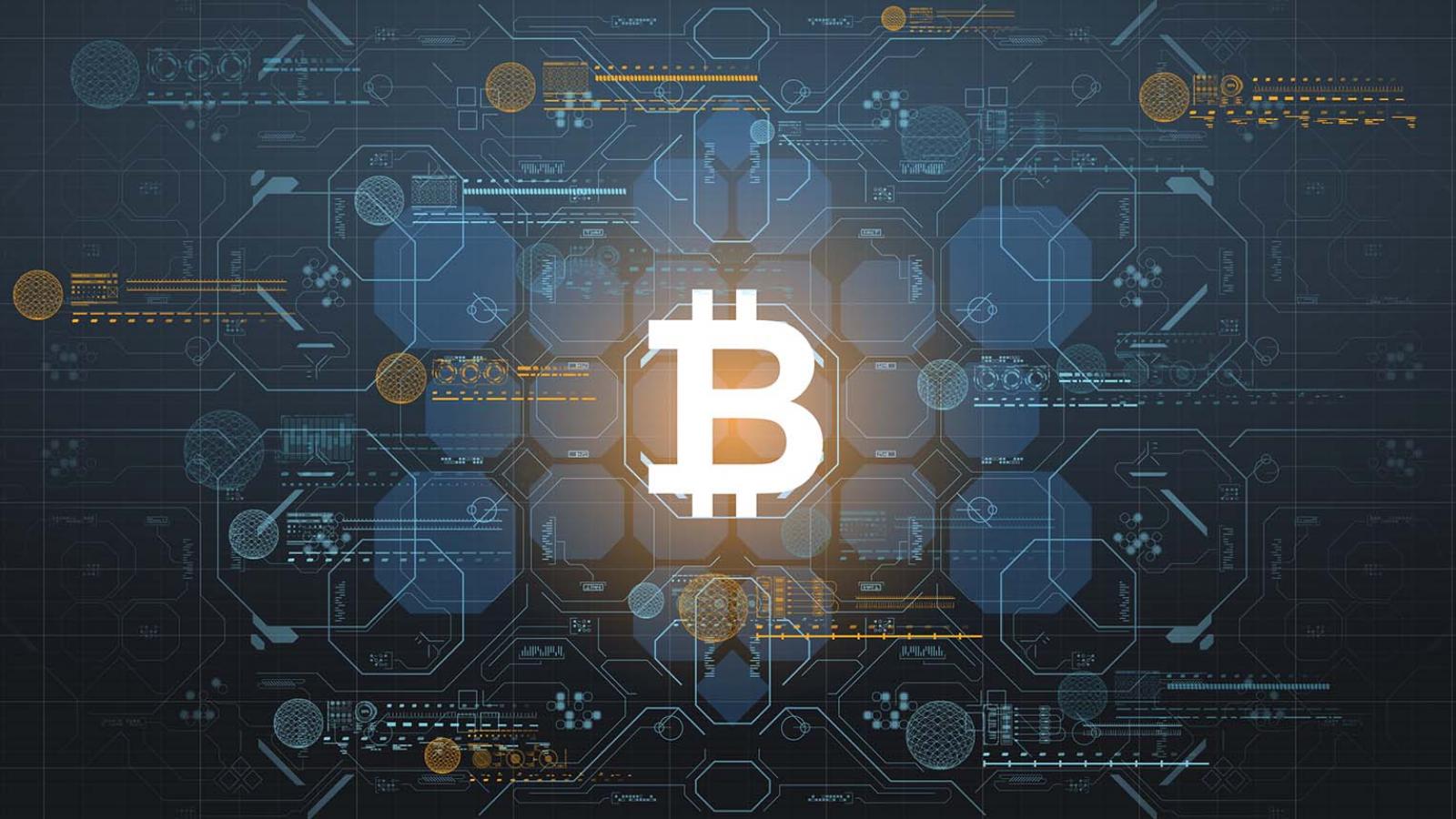
Despite the occasional dip in stocks, the popularity of cryptocurrencies in the United States continues to surge upward with an increasing number of avenues in which Bitcoin users can spend their money. Several politicians now accept Bitcoin as donations for their campaigns, including Senator Rand Paul, House Representative Newt Gingrich, and Congressional Candidate Patrick Nelson. Even the Sacramento Kings will accept Bitcoin for online ticket sales and at the team store in the Sleep Train Arena. Naturally, entrepreneurs see the potential to profit from Bitcoin in new, more accessible ways: cryptocurrency ATMs.
As of today, there are a total of 289 Bitcoin ATMs in California alone, 11 of which are in Sacramento. Many can be found inside gas station convenience stores, the Galleria Mall, and local pharmacies.
With the growing interest in owning or operating standalone Bitcoin kiosks, entrepreneurs must consider the following:
-
Will the ATM be placed on your own property, or will you lease a space?
-
Do current zoning laws allow you to place a kiosk near a store?
-
Which type of business entity is best for you--an LLC or corporation to protect your personal assets?
-
Have you taken all the necessary steps to determine whether your brand or trademark is available?
Of course, these questions hardly matter if the owning and operating of the machine does not comply with federal regulations. The Bank Secrecy Act (BSA) of 1970 states the duties of financial institutions to assist the government in detecting and preventing money laundering, terrorism financing, tax evasion, and other financial crimes. These regulations are administered by the Financial Crimes Enforcement Network (FinCEN), and all financial institutions must follow these to a tee.
FinCEN for Virtual Currency
Registering as a Money Services Business
FinCEN provides three categories in its application process: a “user,” an “exchanger,” or an “administrator.” FinCEN considers a Bitcoin ATM operator to be an “exchanger,” a person engaged as a business in the exchange of virtual currency for real currency, funds, or other virtual currency.”
The Department of U.S. Treasury does not categorize the operator as a user of virtual currency because a user is not a money services business (MSB) or financial institution, and is therefore not subjected to MSB registration, reporting, and recordkeeping regulations. Instead, operators are to be considered statutory MSBs, and so they must register as one with FinCEN. Compliance with the registration includes its completion within 180 days of the date the MSB was established, and a renewal every two years. It is a federal crime to operate a Bitcoin ATM without an MSB registration, and the operator could be subjected to large fines and/or imprisonment.
Developing a Written BSA and Anti-Money Laundering Program
In addition to registering with FinCEN, the Bitcoin ATM operator also needs to create and implement a program that complies with both the BSA and Anti-Money Laundering (AML) standards. At the very least, owners and operators must adhere to the following:
-
Create procedures, policies, and internal controls to assure operations are conducted in compliance with BSA, which must be approved by the senior leadership of the entity and be commensurate to the size of, and the risks anticipated by, the operator;
-
Appoint a compliance officer responsible for implementing controls, and who has knowledge of the controlling laws and operation risks, has significant leadership authority within the organization, updates the policies as needed, and files suspicious activity reports;
-
Educate and train the staff on the BSA/AML rules and procedures, including red flag situations that are seen as suspicious activity or money laundering;
-
Test the policies for effectiveness, document the results, and act upon any parts which appear deficient; and
-
Meet the “Know Your Customer” (KYC) requirements through a Customer Identification Procedure (CIP), which helps prevent the nation’s financial system from being used for illicit purposes. In a CIP, operators will typically:
-
verify the identification of the person opening the account or transaction,
-
maintain the verification records, and
-
determine if the person is on a list of suspected terrorist activity or organizations.
-
For more information on compliance with FinCEN, click here.
With multiple lists of requirements, it can seem a bit overwhelming for a simple standalone kiosk. But, it’s important to note that despite the multiple stages of FinCEN compliance, the registration is relatively easy, and only stems from the concern of protecting our financial system from potential threats. The steps themselves, though extensive, are not incredibly complicated so as to not scare away entrepreneurs and small businesses. Plus, when the ever-growing popularity of cryptocurrency is taken into account, FinCEN compliance seems well worth the time and effort.
If you are interested in owning and operating a Bitcoin ATM, the attorneys of Witan Law Group can guide you through the process, offer insights as to how to maintain compliance with federal regulations, and keep your machines--as well as your customers’ funds--secure.